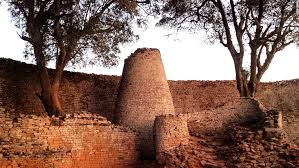REPORTED CASES - Onyeji Nnaji

BACK TO SCHOOL A reported case simply refers to a reported speech. This is also called indirect speech as against the opposite concept, the direct speech. A reported case is the speech that lacks the trace of the original speaker’s involvement in the action of the verb used in the expression. This situation was originally introduced to the English grammar to identify the circumstances surrounding the possible areas where the fundamental structure of grammar (S.V.O.) is altered, yet the expression is considered grammatical. Example: - Daddy said, “I will buy a new car by next week” (direct). - Daddy said that he will buy a new car by next week (indirect). Now, the main difference found in the sentences above is that: - The former makes use of first person pronouns, while the latter takes the third person pronouns (he, she, it, they etc.). - The former makes use of quotation marks, while the latter does not. - The former uses a comma to introduce the exact


